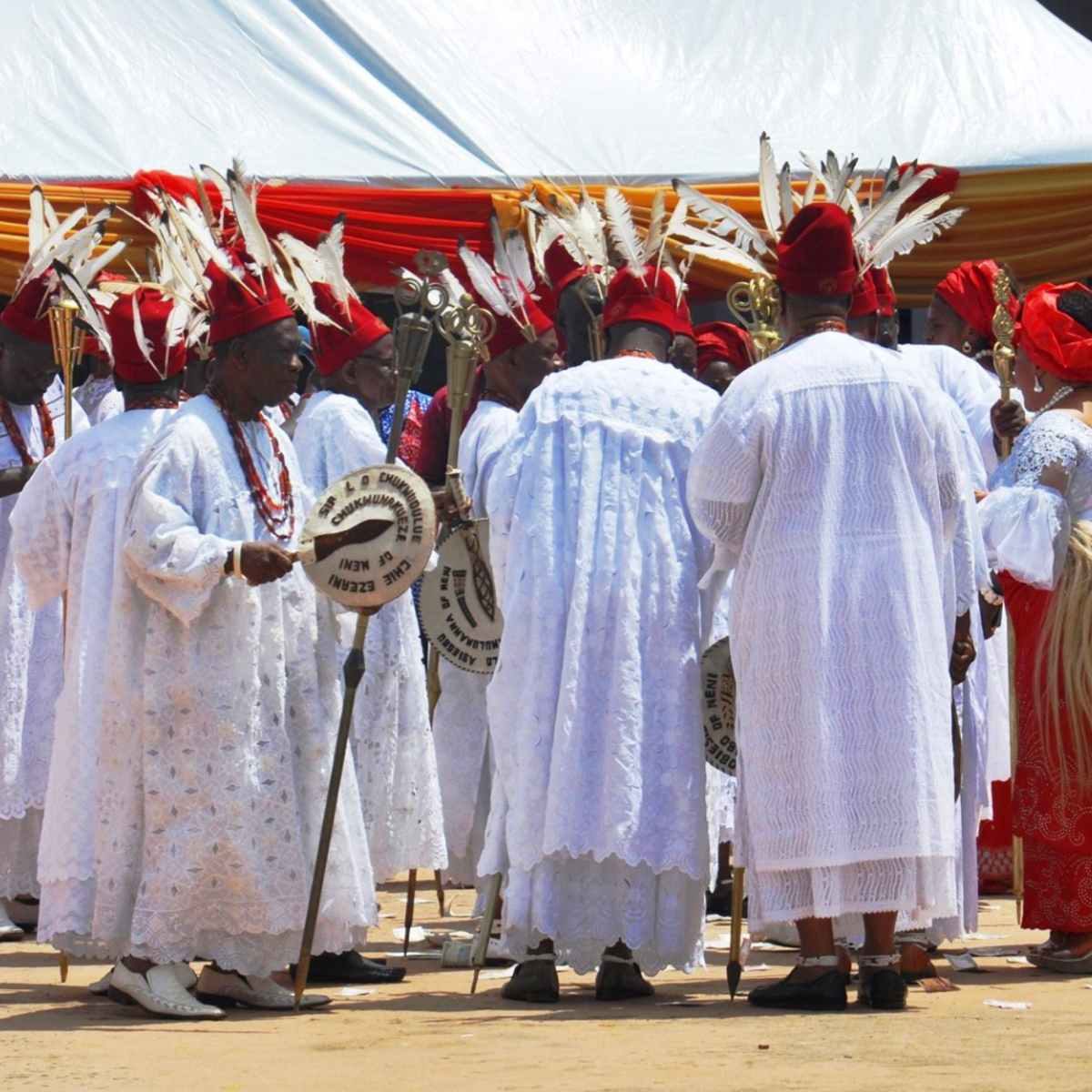If we had not run out of dollars in the streets of Freetown, there would have been no need to go looking for Igbo merchants selling auto spare parts in the narrow sloppy streets of the capital of one of West Africa’s oldest democracies. Chief had said, “Let’s go.”
So chauffer-driven in a white bus with government number plates we headed to Circular Road. The entire area was filled with other Igbo auto spare parts merchants – from Frederick Street, Sibthorpe Street, Regent Street to Godereich Road. We strolled into a random shop and told the sales-girl, a young woman in her late 20s what we wanted.
The merchant sat behind two counters, with all forms of spare parts predominantly for Nissan, Toyota SUVs hanging from hooks, shelves and nails on the walls. There were at least 4 young teenage boys working with him. They looked extremely fit, biceps, abs and all. For several years, they would lift heavy parts, make deliveries to customers, install, receive monies on his behalf, bank them, do household chores and swallow frightening amounts of eba.
Oga quickly checked the exchange rate in naira, in dollars and in Leone. He provided a Nigerian bank account and a gsm number of another merchant in Nigeria. So we transferred the agreed amount to the account. His ‘brother’ confirmed receipt of transaction alert. Immediately, they began to put together for us bundles of the local currency in a cellophane bag. He had done us this favour, just because we were all from the South Eastern Nigeria.
Just then, Chief exclaimed, in Igbo language, “I know you.”
A white haired tall lanky man who had been in the shop all the while looked at him, with some deference and replied, “Sir, I have been thinking that you look familiar too.”
Chief said, “Yes, it’s you, Afam. Isn’t it? You have grown white hairs already! When did you come to Sierra Leone? Were you not serving Oga Emma in Balogun Market in Lagos Island?” Turning to us, he said, “We were in number 9, while these guys were in the first floor on number 15. Little you, Afam? Is this big now? And wizened too?”
Between the late 70s and early 1980s, Chief had served a master who did not settle him, even after seven years of tutelage, drudgery and domestic service. Left without a penny, he began to sell yams in Lagos, purchasing directly from farmers in Zaki-Biam, in today’s Benue State. Later he would venture into equipment sales and then expanded to maintenance and sales of heavy-duty engines, serving the maritime and railway sectors.
Chief is a product of the Igbo Apprentice System (IAS), the talent development and capital market ecosystem of an example of Africa’s age-old sharing economies. So are Afam, and the other collections of Igbo billionaires in Ghana, Kuala Lumpur, Vietnam, India, Guangzhou, Nnewi and other towns across the southeastern Nigeria. They all are alumni of this informal business school without walls, without certificates but time-tested and potent, providing an incredibly low entry barrier into global trade, wealth creation and financial freedom.
But, where do the age-old sharing economies of Africa fit into mainstream scholarly theories of economics. Will nations all over the world prosper through the individual pursuit of individual profit? Or did capitalism have a well-known wife and another, well hidden under early morning wood fires from many homes tucked away under great trees surrounding the plains of South Eastern Nigeria?
Of course, there is capitalism of the top up where three one-thousandths of one percent of the Nigerian population controls wealth equal to one-fourth of the GDP of the country. Similar interesting statistics illustrate this in Kenya where one one-hundredth of one percent of the Kenyan population controls wealth equal to 75 percent of the GDP of the country!
Robert Neuwirth, speaking at TEDGlobal in 2017 brought scholarly spotlights to beam on the Igbo Apprenticeship System (IAS) – a consciousness purpose-built for commerce. It’s almost religious. He found the reality in Alaba International Market. With over 10, 000 traders competing individually and over $4bn annual turnover, this market is governed by a sharing principle. Neuwirth states in his TED Global speech, “Every merchant, when you ask them, ‘How did you get started in global trade?’ they say, ‘Well, when my master settled me.’
And when I finally got it into my head to ask, “What is this ‘settling?'” it turns out that when you’ve done your apprenticeship with someone you work for, they are required — required — to set you up in business. That means paying your rent for two or three years and giving you a cash infusion so you can go out in the world and start trading. That’s locally generated venture capital.”
Going further, he states, “ And I can say with almost certainty that the Igbo apprenticeship system that governs Alaba International Market is the largest business incubator platform in the world.”
He was almost completely right. This Mutual Aid Economy (MAE) is off the scale in scale. In Nigeria, it is in play in ASPAMDA, BBA, PAT, Ariaria, Ogete, Mgbuka, Main Market Onitsha, Otto White Sand, Daleko and other Eastern Nigerian Market Clusters (EnMCs)
This is what Neuwirth has christened the “bottom down economy.” Indigenous sharing models that exist here that needs to be propagated and used and scaled. He stated, “If we propagate these things, we can begin to bring infrastructure to everyone, and that will ensure that communities are leading their own development, which is, I believe, what we need in the world, and, I would suggest, what we need in Africa.“
ugo.oswald@gmail.com
Picture Caption: A Gathering of “Ozo” titleholders – wealthy men, most of who are alumni of IAS. Photography. Courtesy: Chijioke Onuorah.


